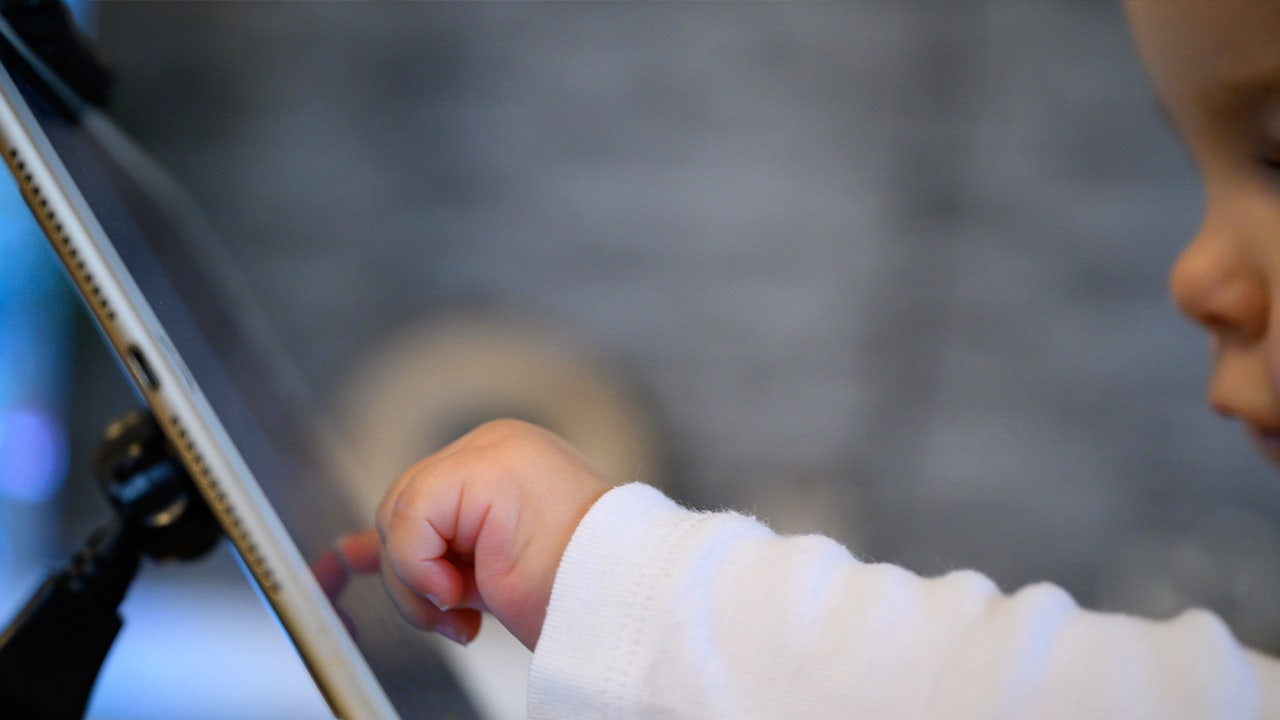A recent study published in The Journal of the American Medical Association of Pediatrics (JAMA) has revealed that “iPad kids,” or babies and young children who have increased exposure to screens, are more likely to experience developmental delays. The cohort study, conducted by Taku Obara, PhD, from the Tohoku Medical Megabank Project Birth and Three-Generation Cohort Study, included 7,097 mother-child pairs. The study examined the amount of time children spent on tablets, phones, watching TV, or using other technology, and how it affected their mental and physical development.
Out of the 7,097 children involved in the study, 51.8% were boys (3,674) and 48.2% were girls (3,423). Although most children watched less than two hours per day, 18% spent two to less than four hours daily, and 4% watched more than four hours each day. The study found that the association between screen time and developmental delays was most pronounced in babies who had the highest screen time.
By the age of two, infants who spent up to four hours per day in front of a screen were three times more likely to experience communication and problem-solving delays. Those who spent four or more hours on devices were 5.78 times more likely to experience the same delays as they grew older. Additionally, they were 1.74 times more likely to have underdeveloped fine motor skills and twice as likely to lag behind in personal and social skills.
The study also discovered that four-year-old children who had substantial screen time as babies experienced delays in communication, gross motor and fine motor skills, problem-solving skills, and personal and social skills.
It is important to note that the study concluded that the delays were not directly caused by screens. Instead, the researchers suggested that babies were missing out on crucial face-to-face interactions with their parents and other individuals. Additionally, the study did not differentiate between educational screen time and purely entertainment-based shows.
According to the World Health Organization and the American Academy of Pediatrics (AAP), children between the ages of 2 to 5 years should have a maximum of one hour per day of screen time to ensure they engage in physical activity and receive sufficient rest. The AAP guidelines further recommend no screen time before 18 months of age.
It is crucial for parents to be mindful of their child’s screen usage and prioritize face-to-face interactions in order to support healthy development. By striking a balance between screen time and other activities, parents can promote their child’s overall well-being and growth.
Sources:
– The Journal of the American Medical Association of Pediatrics (JAMA)
– World Health Organization
– American Academy of Pediatrics (AAP)
Denial of responsibility! VigourTimes is an automatic aggregator of Global media. In each content, the hyperlink to the primary source is specified. All trademarks belong to their rightful owners, and all materials to their authors. For any complaint, please reach us at – [email protected]. We will take necessary action within 24 hours.


